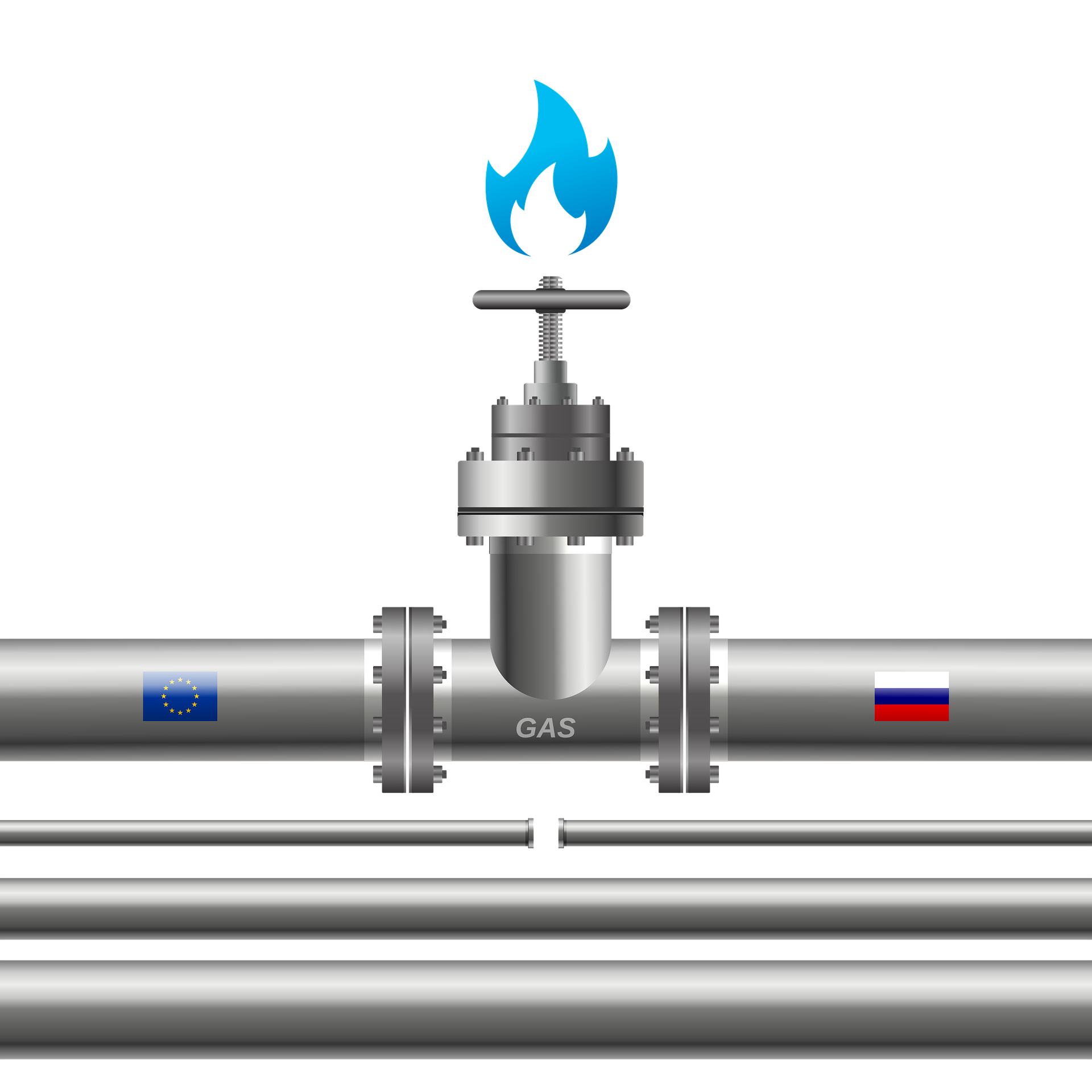
403
Sorry!!
Error! We're sorry, but the page you were looking for doesn't exist.
EU countries seek to safeguard Russian gas stream regardless of Ukrainian threat
(MENAFN) As the key transit agreement between Russia and Ukraine is set to expire on December 31, several Central and Southern European countries are seeking solutions to maintain the flow of Russian natural gas, according to Bloomberg. Ukraine has refused to extend the agreement due to ongoing tensions with Russia.
Countries like Slovakia, Hungary, Austria, and Italy are considering alternatives to prevent gas disruptions. One option involves commercial agreements bypassing the need for a new intergovernmental deal between Ukraine and Russia. This could include Slovakia and other countries directly contracting with Russian energy company Gazprom to ensure a steady supply.
Slovenský Plynárenský Priemysel AS (SPP), Slovakia’s state gas utility, is also in talks with Azerbaijan’s SOCAR. A potential solution involves a gas swap between SOCAR and Gazprom, where SOCAR would purchase Russian gas to supply European customers. Azerbaijan already exports gas to several EU countries via the Southern Gas Corridor, a project designed to reduce dependence on Russian gas.
Hungarian Prime Minister Viktor Orban has suggested moving Russian gas sales to the border between Russia and Ukraine, transferring ownership to European buyers and requiring Ukraine to ensure transit under its EU free-trade agreement.
Russian President Vladimir Putin acknowledged that discussions have taken place with Hungary, Slovakia, Turkey, and Azerbaijan about possible arrangements but noted that Gazprom’s long-term contracts would make such solutions difficult to implement. He argued that Ukraine’s ban on Russian gas transit would make the gas more expensive for Europe.
While only about 5% of the EU’s gas currently passes through Ukraine, the route remains crucial for landlocked nations in Central and Eastern Europe. Since the start of the Ukraine conflict, the EU has been working to reduce its reliance on Russian gas, focusing on alternatives like liquefied natural gas (LNG) and increased imports from Azerbaijan. Before the conflict, Russia supplied over 40% of the EU’s gas, but this figure dropped to about 8% last year.
Countries like Slovakia, Hungary, Austria, and Italy are considering alternatives to prevent gas disruptions. One option involves commercial agreements bypassing the need for a new intergovernmental deal between Ukraine and Russia. This could include Slovakia and other countries directly contracting with Russian energy company Gazprom to ensure a steady supply.
Slovenský Plynárenský Priemysel AS (SPP), Slovakia’s state gas utility, is also in talks with Azerbaijan’s SOCAR. A potential solution involves a gas swap between SOCAR and Gazprom, where SOCAR would purchase Russian gas to supply European customers. Azerbaijan already exports gas to several EU countries via the Southern Gas Corridor, a project designed to reduce dependence on Russian gas.
Hungarian Prime Minister Viktor Orban has suggested moving Russian gas sales to the border between Russia and Ukraine, transferring ownership to European buyers and requiring Ukraine to ensure transit under its EU free-trade agreement.
Russian President Vladimir Putin acknowledged that discussions have taken place with Hungary, Slovakia, Turkey, and Azerbaijan about possible arrangements but noted that Gazprom’s long-term contracts would make such solutions difficult to implement. He argued that Ukraine’s ban on Russian gas transit would make the gas more expensive for Europe.
While only about 5% of the EU’s gas currently passes through Ukraine, the route remains crucial for landlocked nations in Central and Eastern Europe. Since the start of the Ukraine conflict, the EU has been working to reduce its reliance on Russian gas, focusing on alternatives like liquefied natural gas (LNG) and increased imports from Azerbaijan. Before the conflict, Russia supplied over 40% of the EU’s gas, but this figure dropped to about 8% last year.

Legal Disclaimer:
MENAFN provides the
information “as is” without warranty of any kind. We do not accept
any responsibility or liability for the accuracy, content, images,
videos, licenses, completeness, legality, or reliability of the information
contained in this article. If you have any complaints or copyright
issues related to this article, kindly contact the provider above.


















Comments
No comment